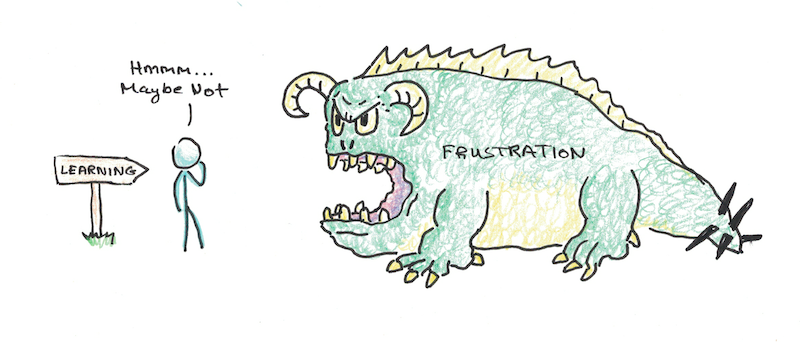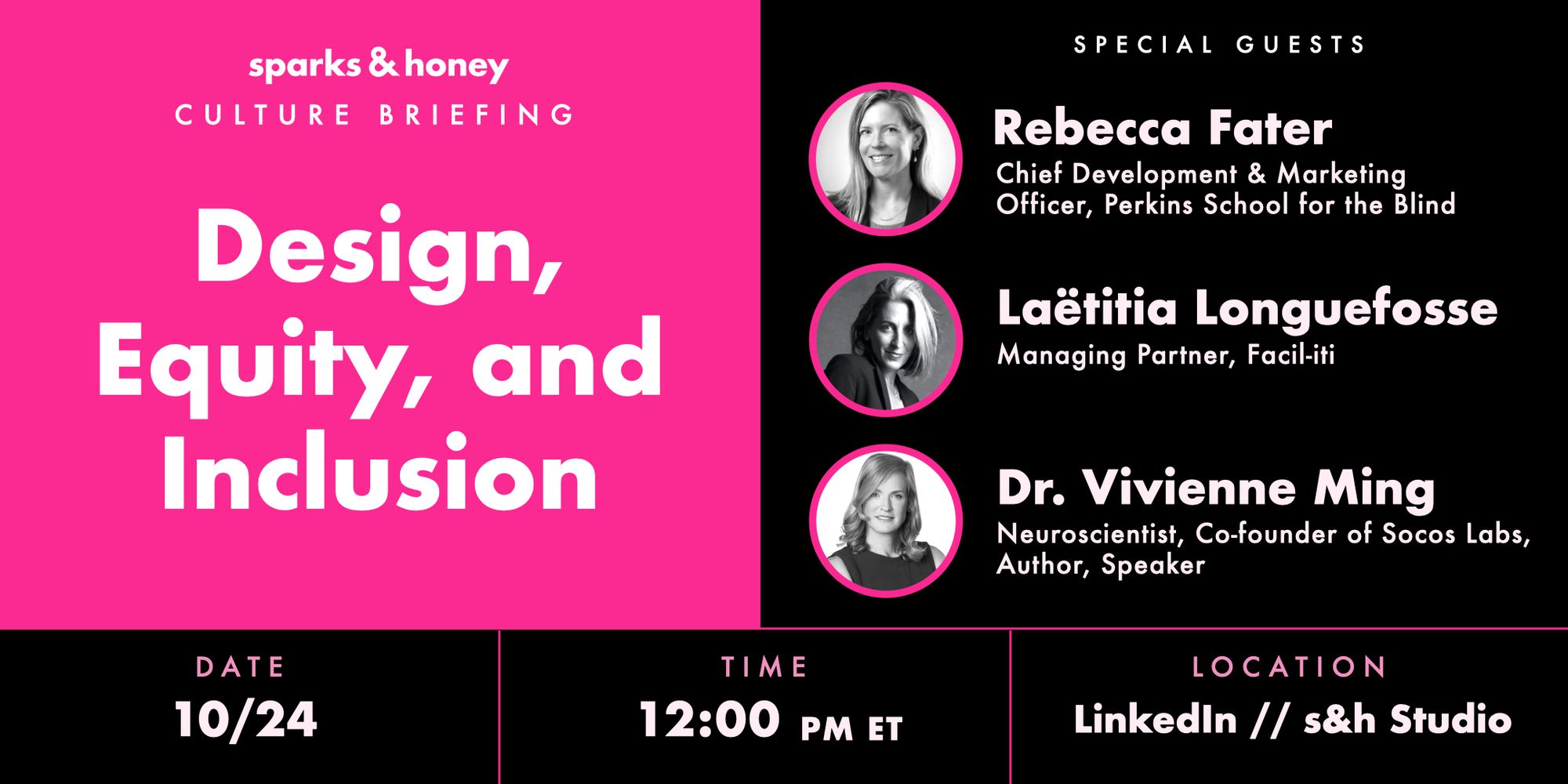The Hard Part of Learning is Learning

This week's Socos Academy we explore the idea that education isn't supposed to make learning easy—the purpose of education is to prove that the hard work will pay off.
Mad Science Solves...
More than 5 years ago, Socos Labs launched Muse. On its surface, it was just one of a million educational apps promising to change learning. Some gamified learning. Others created social networks. A precious few had real substance and empirical proof that they made a difference. I decided to create something different—an app that the learner would never use.
Muse learned about a child by asking their parents or other caregivers a single question each day. Within the depths of its model, Muse was predicting the answers to hundreds of questions and, using a form of reinforcement learning, selecting its daily question based on its own uncertainty. Within a week or so, Muse held an increasingly nuanced model of each child in its embeddings.
From those embeddings, Muse delivered its real promise: a daily activity for the parents and caregivers to do with their children. The activities, derived from the scientific literature, focused on meta-learning, the deep factors that promote learning-to-learn and long-term life outcomes. Some of the activities supported resilience, others working memory development, self assessment, or perspective taking.
The child never interacted with the app. Every activity was an opportunity of kids and parents to spend time together with an activity that matters. Muse helped parents focus on meaningful time with their kids, and that time made a difference.
A few years ago I made a hard choice to put Muse on pause and shift development time to founding Dionysus and launching its mission to end postpartum depression. (COVID-19 didn’t help either.) Now the Dionysus is on the verge of its first public release, and with that the parallel launch of our nonprofit data trust, The Human Trust, I think it is time to bring Muse back into the world. I’ve donated the entire codebase and related IP of Muse to The Human Trust, which will rebuild, update, and relaunch Muse as a free service.
It will take time to bring Muse back to life and again support families with personalized daily activities, but over the next year we will make this happen. And even better, it will be part of The Human Trust, a nonprofit whose sole purpose is to protect data privacy while supporting human development. I’ll have more to share over the coming year as The Trust brings Muse back into the world along with a broader suite of tools for families.
(btw — The Human Trust exists to protect maternal health and support healthy families. Drop me a note if you want to support our mission.)
Stage & Screen

RSVP to join the LinkedIn Live stream here
Dr. Ming will currently be speaking in Chicago on October 19, New York on October 23, and in the UK in London, Birmingham, and Aberdeen November 14-17. If you have events, opportunities, or would be interested in hosting a dinner or other event with her, please let us know. We're currently reviewing invitations and can be flexible on fees for paid events for these markets and all 2023 dates!
Research Roundup
No Pain, No Growth
“What if instead of tolerating discomfort (e.g., feeling awkward or uncomfortable), people actively sought it out?” Growth and learning, by their very nature, require discomfort. In my research on long-term life outcomes, resilience remains one of the strongest predictors of positive outcomes, but a related notion of “seeking discomfort” has received much less attention. This new paper looks at a variety of domains and found that “seeking discomfort…increased perceived goal achievement relative to standard instructions.”
When I launched the Muse app years ago (supporting parents with young children), I also outlined a concept called Muse@20 to help young adults launch their lives. As with Muse, it was grounded in the concept of meta-learning, learning to learn, but focused on factors and experiences relevant at age 20. It identified experiences which would be challenging for the user but which our system predicted would produce growth, such as getting on stage for an open mic comedy night or engaging in perspective taking discussions across a political divide. The idea is to match users with uncomfortable experiences within their zone of development.
The experiment above found that these sorts of uncomfortable experiences provided reliable signals of growth for the participants, matching specific experience with specific meta-learning factors: improv classes with self-confidence or expressive writing with emotional stability.
A separate study also explores the value of embracing discomfort, in this case by helping learners develop “cognitive endurance: the ability to sustain effortful mental activity over a continuous stretch of time”. The experiment “randomly increased the amount of time students spent in sustained cognitive activity during the school day—using either math problems (mimicking good schooling) or non-academic games (providing a pure test of our mechanism)”. This intervention slowly expands students’ comfort with the discomfort of cognitive load.
After the intervention, “students show 22% less decline in performance over time when engaged in intellectual activities—listening comprehension, academic problems, or IQ tests”, while exhibiting “increased attentiveness in the classroom and scor[ing] higher on psychological measures of sustained attention”. Increasing cognitive endurance improved school performance “by 0.09 standard deviations”.
Experience with “effortful thinking,” as the authors put it, “increases the ability to accumulate traditional human capital”. They even found that each “additional year of schooling improves cognitive endurance” (yay!) “but only in higher-quality schools” (well…I saw that coming).
Tension, or more accurately allostasis, is a fundamental component of any health system, including us. It is necessary for personal growth, but leaning into that tension is certainly not the most comfortable option.
It's Called Sleazing
Anyone who's even asked for my help to gamify their education app and been surprised by my scorn, Saturday Morning Breakfast Cereal has all the answers (as always): SMBC: Evolved
If there is even the smallest divergence between the incentives in your ed game (including just giving stickers for right answers) and the endogenous motivation you are hoping to engender, students will exploit it with creativity, glee, and a surprisingly wide range of motivations. It’s so common it has a name, one of my favorites in all of science: sleazing.
Stop encouraging sleazing and satisficing. Stop thinking you can “get kids addicted to learning” or that if only it was “fun like GTA” kids would engage. Learning is hard because that’s what produces growth. Our job isn’t making a false promise about easy growth; it is helping build in students a belief that their hard work will pay off.
GPT4Edu
One of the most reliable pronouncements I’ve heard from AI utopianists is that LLMs will become personal tutors for every child. When I hear such claims, the only thing I know with certainty is that they have never tried to build an AI tutor or even bother to read up on related learning science research. That shit is hard, and LLMs don’t change the fundamental challenges.
Instead, I’ll share a recent article that offers much more modest and actionable recommendations for “using AI to implement effective teaching strategies in classrooms” (and it includes prompts!) The author lists 5 specific domains for leveraging LLMs:
- “Produce Many Varied Examples” for students
- “Provide Multiple Explanations”
- “Develop Low-Stakes Tests” for formative assessment
- “Assess Student Learning” to personalize pedagogy
- “Distribute Practice of Important Ideas”
Note that the recommendations focus on modest but proven strategies for improving learning. The AI isn’t offered as a magic wand (”tutors for everyone”) but as a tool to address specific known challenges. Students, for example, can easily develop misconceptions due to spurious correlations in the lecture and other learning materials. If every example introducing the concept of a bar graph involves monthly weather, a shocking large number of learners will latch onto the surface feature (weather=bar graph) instead of the deep feature (single variable=bar graph) and then generalize erroneously (rainfall vs temperature=bar graph instead of scatter plot). Using AI to “produce varied examples” and “multiple explanations”, particularly doing so using prompts for multiple perspectives and levels of expertise, addresses this huge known challenge.
I’m not against dreaming and building big—I’m certain someone (with real expertise) is inventing the next generation LLM tutors right now—but please stop pitching the world under-thought scifi hooks as though they were right around the corner. AI is so much more than snake oil, but snake oil salesmen are poisoning the market.
| Follow more of my work at | |
|---|---|
| Socos Labs | The Human Trust |
| Dionysus Health | Optoceutics |
| RFK Human Rights | GenderCool |
| Crisis Venture Studios | Inclusion Impact Index |
| Neurotech Collider Hub at UC Berkeley |




